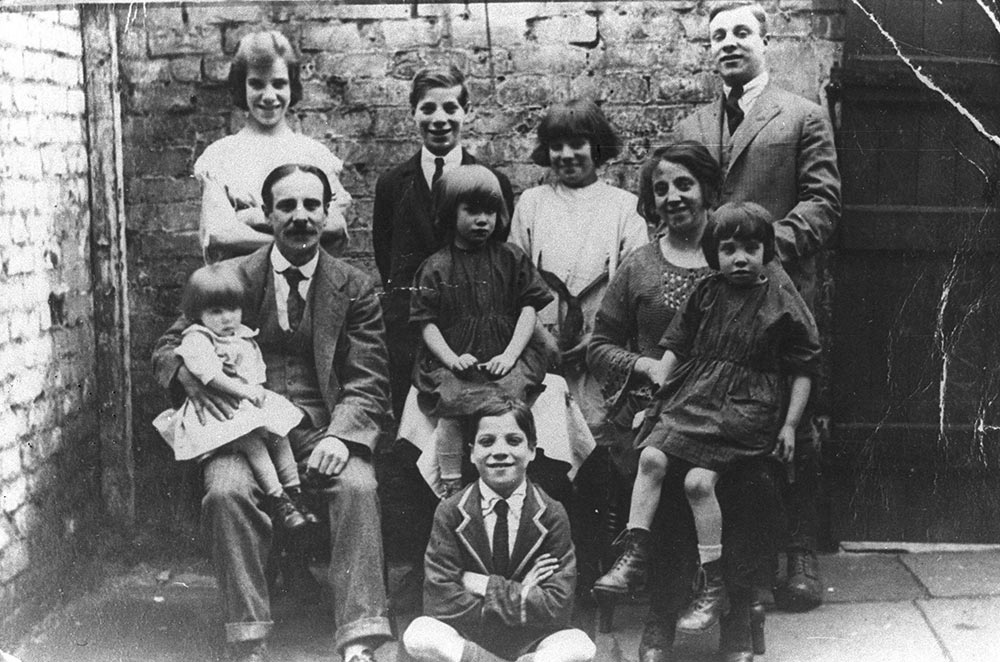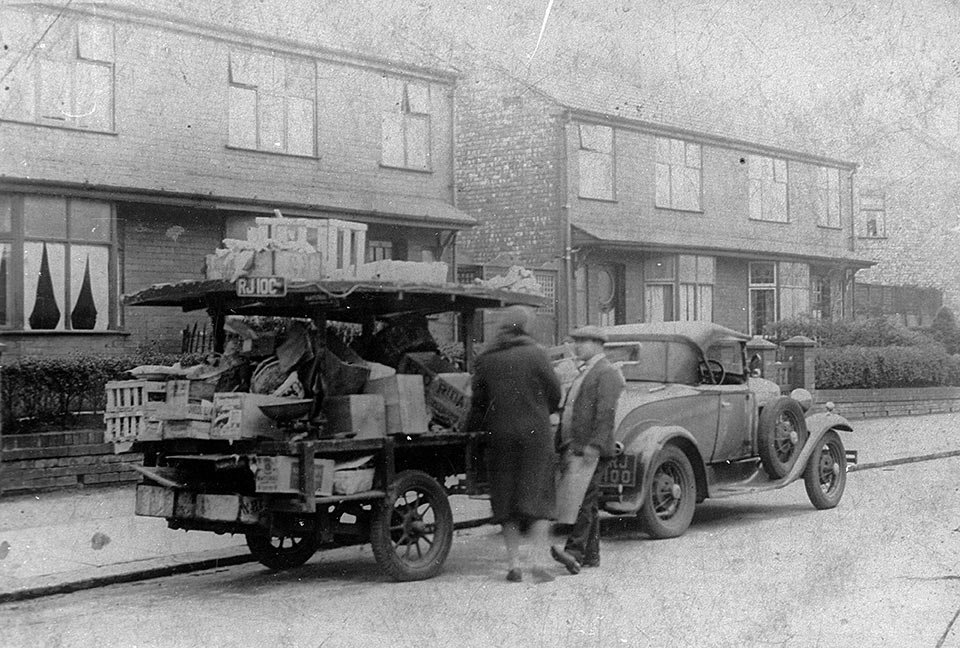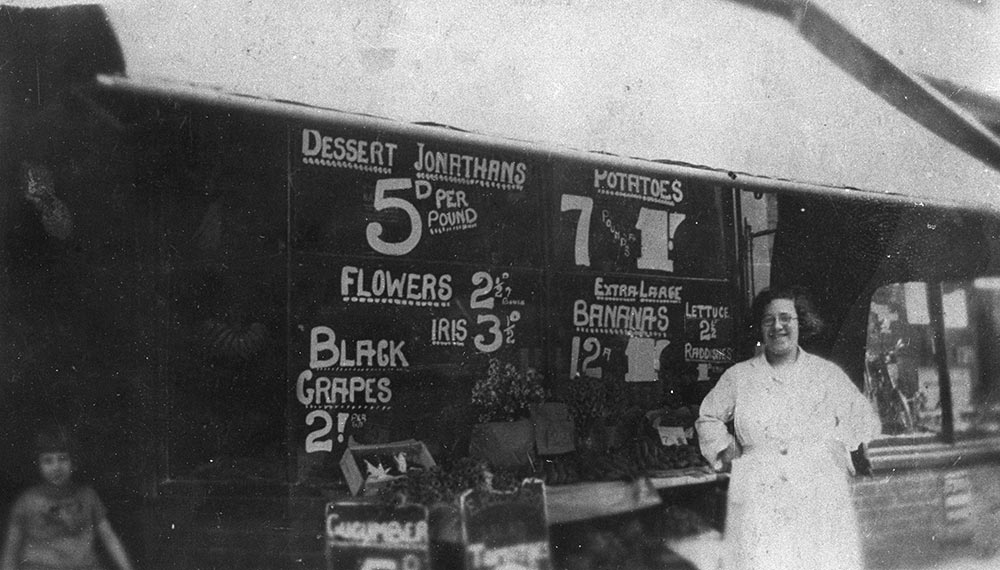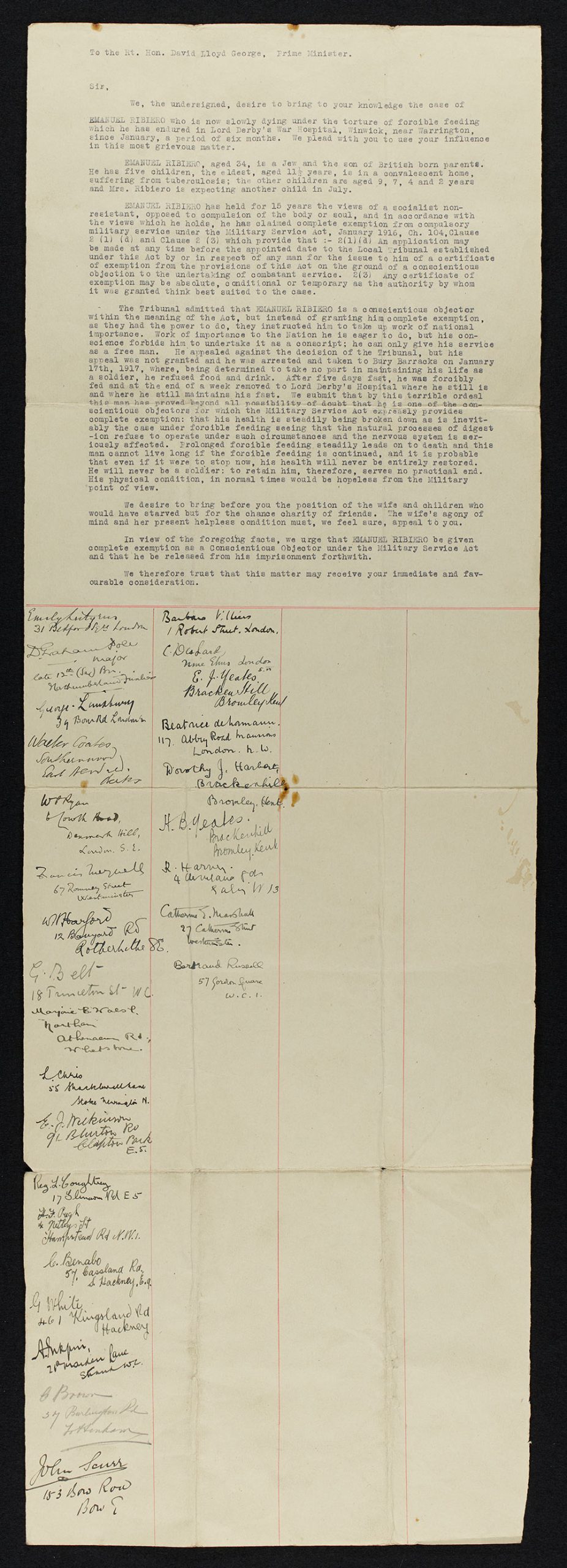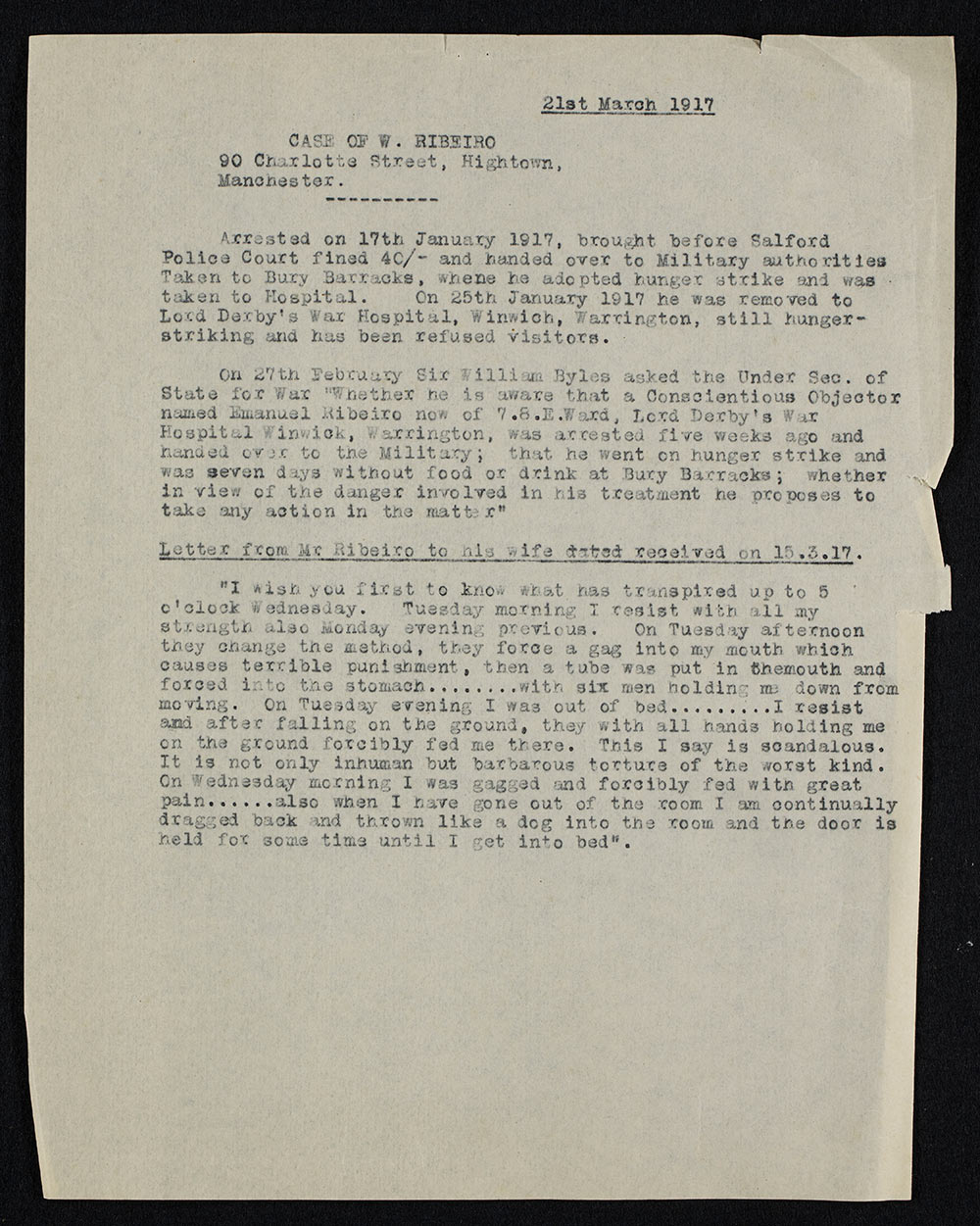Swipe to read
Emmanuel’s letter to his wife, March 1917
Read Transcript
“I wish you first to know what has transpired up to 5 o’clock Wednesday. Tuesday morning, I resist with all my strength also Monday evening previous. On Tuesday afternoon they change the method, they force a gag into my mouth which causes terrible punishment, then a tube was put in the mouth and forced into the stomach with six men holding me down from moving. On Tuesday evening I was out of bed. I resist and after falling on the ground, they, with all hands holding me on the ground forcibly fed me there. This I say is scandalous. It is not only inhuman but barbarous torture of the worst kind. On Wednesday morning I was gagged and forcibly fed with great pain. Also, when I have gone out of the room, I am continually dragged back and thrown like a dog into the room and the door is held for some time until I get into bed.”
Petition to Prime Minster David Lloyd George, June 1917
Read Transcript
“Emmanuel Ribeiro is now slowly dying under torture of forcible feeding which he has endured in Lord Derby’s War Hospital, Winwick, near Warrington, since January … Mr Ribeiro has held for 15 years the views of a socialist non-resistant, opposed to compulsion of the body or soul, and in accordance with the views which he holds, he has claimed complete exemption from compulsory military service under the Military Service Act, January 1916 …
… instead of granting him complete exemption, as they had the power to do, they instructed him to take up work of national importance. Work of importance to the nation he is eager to do, but his conscience forbids him to undertake it as a conscript; he can only give his service as a free man …
… we submit that by this terrible ordeal this man has proved beyond all possibility of doubt that he is one of the conscientious objectors for which the Military Service Act provides complete exemption … Prolonged forcible feeding steadily leads to death and this man cannot live long if forcible feeding is continued, and it is probable that even if it were to stop now, his health will never be entirely restored …
… we desire to bring before you the position of the wife and children who would have starved but for the chance charity of friends. The wife’s agony of mind and her present helpless condition must, we feel sure, appeal to you.”
